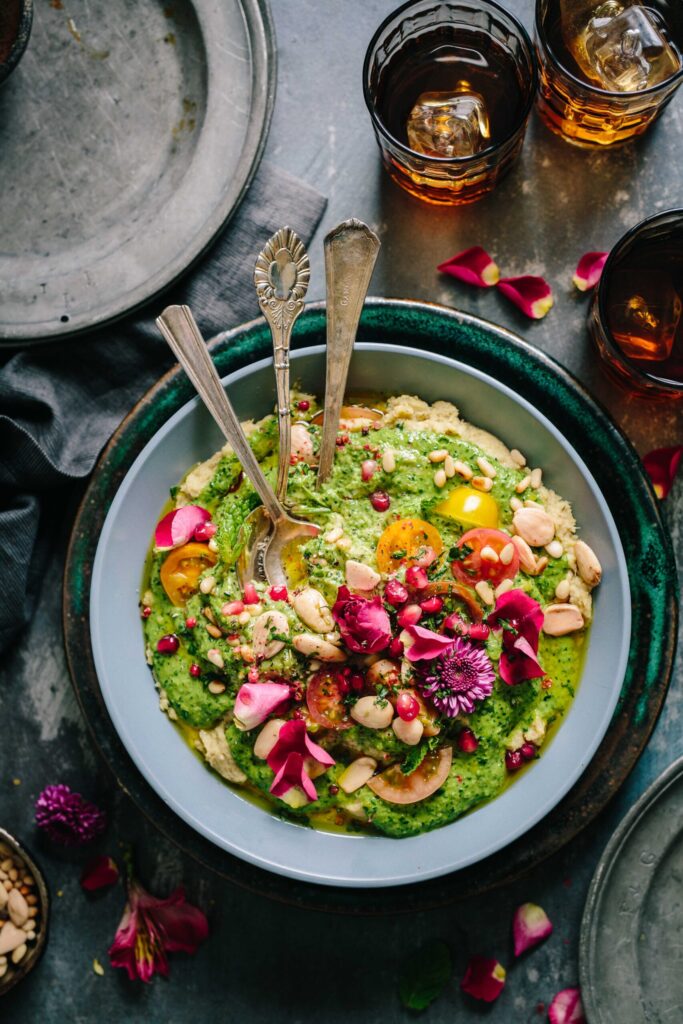Areas
Food, Body, Sexuality
In my coaching I focus on three areas: relationship to food, relationship to body and pleasure/sexuality. The rationale behind it being that these three are often, not always, closely related to each other. If I have a problematic relationship with my body, many times it may be that I also have a problematic relationship with food and/or sexuality. But of course it doesn’t have to be that way. I can have a balanced and healthy relationship with food and have challenges in my sexuality or simply a desire to explore and deepen my sexuality. We are all different and that is wonderful.
Below you will find information on these three areas. I have personal experience of a challenging relationship with all three of these, you can find more info on that here. Please feel free to contact me if you are interested in working with any, or several, of these areas.

Food
An unhealthy relationship with food encompasses so much more than having an eating disorder. Many women (and men) are stuck in the spinning wheel of diets that can look like this: weight gain – exercise hard and eat healthy (sometimes too little) – indulge – new diet. Sometimes it takes a more dramatic form, i.e. there are big swings between weight gain and weight loss through decreased food intake and/or exercise, but sometimes it’s not that big a difference. A few kilos up and down mostly all the time.
In our modern society, this is a very normalised behaviour, including indulging in “unhealthy” food after exercise. This behaviour can take a lot of energy, creating feelings of anxiety, shame and guilt when we don’t live up to our ideas of how things should be. As well as an obsession with what we call unhealthy food. Which we can spend an incredible amount of time rehearsing within ourselves how unhealthy it is and how we never want to eat something so unhealthy and “forbidden”. The brain handles “not” quite badly and as you become fixated on not eating what you define as “unhealthy” and “forbidden” you spend a lot of time thinking about this food. And the attraction to the forbidden can become great. And one falls for eating it resulting in poor well-being.
I often feel that the social debate around this misses something important. What I call the great grey area, where so many of us find ourselves. It means that we have an unhealthy relationship with food without perhaps being aware of it and it can affect our wellbeing and satisfaction in life. It can also be associated, often unconsciously, with deep shame. We think we should be “over” the food and appearance thing. Maybe we don’t want to identify with being “so superficial” ? After all, we know that we should know that we are good enough as we are. This can create even more shame and denial. It can simply be very difficult to identify as a person who has challenges with food and/or body.
A negative relationship with food can create a lot of stress. That can make it hard to relax which in turn can make intimacy and sexuality difficult. Without relaxation, it’s hard to settle into your body. And without landing in the body, it can be difficult to experience pleasure.
So what do we do if we think we should be in a place we’re not? The first thing is to become aware of it. This takes courage and often comes with great relief and perhaps sadness. It’s a big and important step and from there, you have every chance of creating a healthy, free and enjoyable relationship with food.
Body
A negative relationship with the body also affects the relationship with food and with sexuality. The relationship between body and food is intimately linked. If we have a challenging relationship with food, it is common to also have a very fragile relationship with the body, which is very much influenced by how we feel at the time.
It also creates stress and anxiety for the nervous system which makes it difficult to relax into pleasure. If we have a complicated relationship with the body, it is easy to get caught up in the head when we are intimate with a partner but also in self-pleasure. Thoughts about the body can make it very difficult to be present in the body. And without presence in the body, it becomes harder to relax and experience deepened pleasure.
We can also feel pressure that we should always love our body. An important first step is to settle into an acceptance of our body as it is, and ourselves. We don’t always have to feel our best, we don’t always have to love our body to death. Allowing yourself to be human is important. How you feel, and how you feel about your body does not define you, nor your desire/pleasure. With mindful presence and self-compassion, we can learn to relate to our bodies in a more accepting and kind way.
There is also a strong link between the relationship with the body and pleasure. My own experience, as well as that of many women I have met, is that it is difficult to accept and love one’s body unless we have a deeper relationship with our yoni (Sanskrit for the female sex organ – you can read more here). A relationship that is characterized by acceptance, love and honoring. It’s not that surprising really. The body is a whole and it becomes difficult to accept and love it if, for example, we feel ashamed of certain parts of it.
A complicated relationship with the body can also create a problematic relationship with pleasure and sexuality. It can be very difficult to allow ourselves to let go and surrender into pleasure if we feel ashamed of or dislike certain parts of our body.


Sexuality and Pleasure
The third area I coach in is pleasure and sexuality. Most of the website is about that particular topic. For example, you can read about my take on pleasure here. If not possible it is ok] And you are very welcome to contact me with any question about pleasure and sexuality.
Here I want to write a bit about the intimate connection between food, body and sexuality. In order to make it possible for us to enjoy more, we need to stop looking at ourselves as a project to be fixed. To be worthy, for example, of pleasure. I think a lot of our patriarchal culture has made it that way. The female body as an object rather than allowing women themselves to own their bodies, and own their sexuality. Which has nothing to do with what that body looks like. The female body has been scrutinized in a completely different way than the male body in the public sphere.
This may have contributed to pleasure and sexuality being linked to the appearance of the body. If the body is ‘worthy’, i.e. lives up to society’s ideal body, then it will be desirable and ‘worthy’ of pleasure.
In fact, the appearance of a body has nothing to do with either its capacity for pleasure or its worthiness to enjoy pleasure. Unconsciously, these beliefs may have grown in our subconscious, making it difficult for us to allow ourselves pleasure.
I have met women who are a bit confused about what “owning their sexuality” mean. Some have the realisation that they don’t own their sexuality at all in that they often or always direct more energy to their partner and their needs and desires. To please, what does the other person want, how do I look, what does my partner think about my body, etc. In other words, many thoughts that often lack ownership of their sexuality. Ownership of one’s sexuality means that I take responsibility for my needs and what I want, and to communicate this to my partner. It means that you are able to make healthy demands to your partner about your own needs, rather than blaming yourself for not being enough, e.g. fast enough, good looking enough, turned-on enough, good enough.
And that’s where worthiness comes in again. To be able to express your needs, make healthy demands, and express what you want, you also need to inhabit your body, know your boundaries, and feel that your body is worthy of both feeling and expressing its boundaries. So honouring our body becomes a prerequisite for allowing ourselves to know our own boundaries. And honouring our body, I believe, is only possible when we accept it as it is.
It’s a beautiful journey. And on that journey we can greatly benefit from being self-loving and self-compassionate. To begin to treat ourselves, and our bodies with kindness, with compassion, with warmth and curiosity. In the beginning, it is enough to have an intention of meeting one-self with self-love and self-compassion.